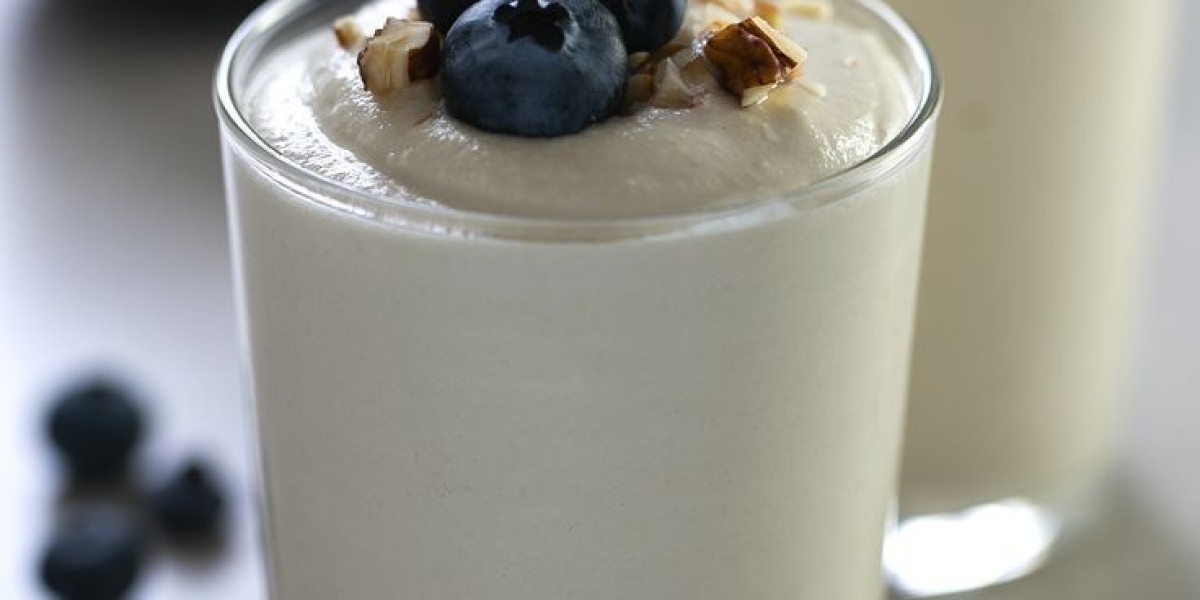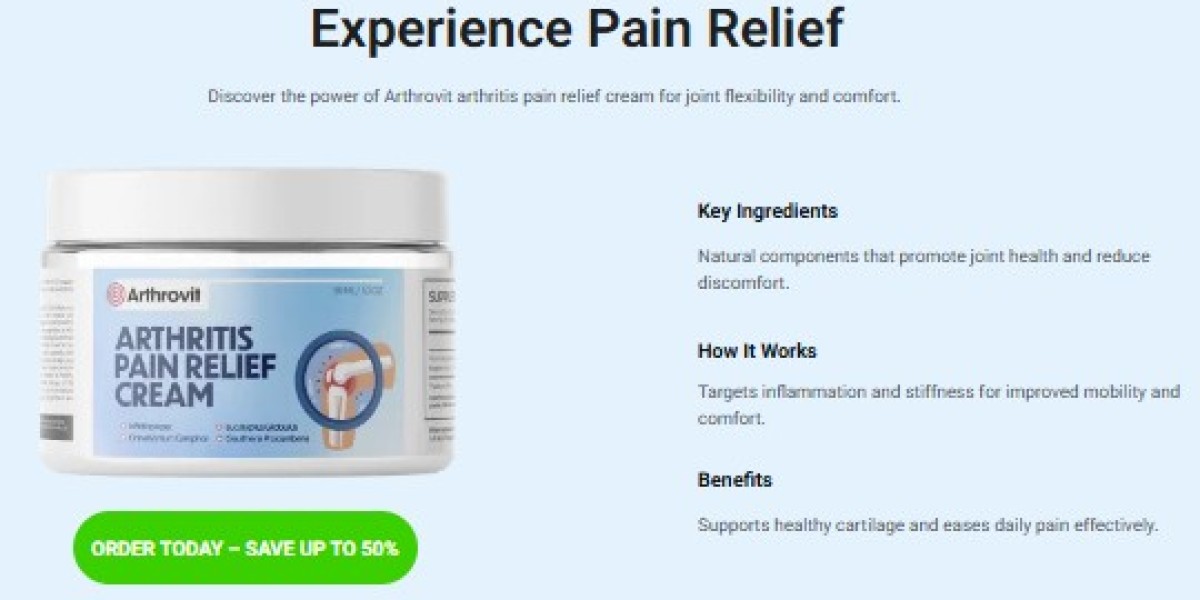The vegan yogurt market competition analysis reflects an industry undergoing rapid transformation, driven by shifting consumer preferences and increasing demand for plant-based alternatives. With multiple players entering the segment, competition has intensified, pushing companies to adopt innovative approaches to secure consumer loyalty and market share. This analysis highlights the core dynamics, competitive strategies, and differentiating factors that define the industry.
Market Overview and Growth Drivers
The growth of the vegan yogurt market is fueled by rising health awareness, lactose intolerance, and ethical consumerism. Competitors are capitalizing on these drivers to strengthen their positions. However, the market landscape is far from uniform—established dairy companies, plant-based food startups, and global corporations are all vying for space in the same consumer segment.
Key Players in the Market
Competition arises from both multinational corporations and niche players. Large food companies leverage their extensive distribution networks and brand recognition, while smaller firms emphasize authenticity, innovation, and consumer engagement. Startups often position themselves as pioneers in flavor innovation and sustainable practices, which appeals to environmentally conscious and younger demographics.
Product Differentiation as a Competitive Tool
In a crowded marketplace, product differentiation is vital. Brands focus on improving texture, taste, and nutritional value to compete effectively. Some companies offer protein-enriched options, while others prioritize exotic flavors or probiotic-rich formulas to target specific consumer demands. Unique value propositions become essential for standing out.
Pricing Strategies in Competitive Analysis
Pricing is another crucial factor shaping the vegan yogurt market competition analysis. Established brands may offer premium pricing supported by their reputation and quality, while newer entrants often pursue competitive pricing to attract first-time buyers. Companies also introduce multipack options and promotions to encourage repeat purchases.
Distribution and Accessibility
A strong distribution network enhances competitive advantage. Companies with access to supermarkets, health stores, convenience outlets, and e-commerce platforms can secure broader consumer reach. Direct-to-consumer models and subscription services are gaining traction, offering convenience and building long-term relationships with buyers.
Marketing and Branding Strategies
Branding plays a central role in competition. Companies are increasingly adopting storytelling, influencer collaborations, and sustainability campaigns to connect with consumers. Marketing efforts highlight values like health, wellness, and environmental responsibility, appealing directly to the growing flexitarian and health-conscious consumer segments.
Innovation in Ingredients and Technology
Innovation serves as a defining element in the vegan yogurt market competition analysis. Competitors are experimenting with bases such as almond, oat, coconut, and cashew, alongside advancements in fermentation technology that enhance texture and flavor. This technical edge helps brands bridge the gap between dairy and non-dairy yogurt.
Geographical Expansion Strategies
As demand for plant-based yogurt grows worldwide, global expansion has become an important competitive move. Brands are localizing flavors and adapting pricing structures to appeal to regional markets in Asia-Pacific, Latin America, and the Middle East. This expansion creates new growth avenues and intensifies competition across borders.
Sustainability as a Differentiator
Sustainability is a powerful differentiator in this market. Competitors that integrate eco-friendly packaging, carbon reduction strategies, and transparent sourcing build stronger reputations among environmentally aware consumers. This approach not only strengthens competitive positioning but also aligns with long-term industry trends.
Challenges in Competitive Landscape
While competition drives innovation, it also presents challenges. High pricing, regulatory complexities, and consumer skepticism about plant-based alternatives can hinder growth. Brands that effectively address these issues gain an edge over rivals that fail to adapt to market realities.
Future Outlook of Competition
The vegan yogurt market competition analysis suggests that rivalry will intensify as more players enter and consumer demand evolves. Strategic partnerships, continuous innovation, and consumer-centric marketing will remain essential tools for securing leadership positions in this dynamic industry.
Conclusion
The vegan yogurt market competition analysis underscores the complexity of this growing sector. By focusing on innovation, sustainability, distribution, and branding, companies can strengthen their positions and secure long-term relevance. As consumer expectations evolve, adaptability will define competitive success.





